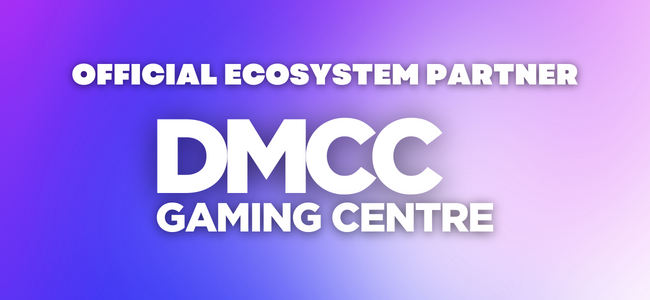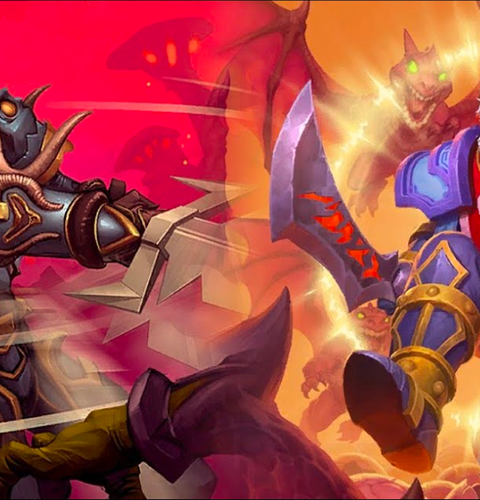As the landscape of the gaming industry evolves, so too does its workforce. Gone are the days when the gaming industry was solely the domain of computer science and software engineering graduates. Today, we are witnessing a fascinating trend: the rise of the cross-disciplinary nature of game development, as experts from fields as diverse as film, psychology, architecture, and more find their place within this digital realm.
The Cross-Disciplinary Demand
There's a growing recognition in the industry that creating engaging, immersive, and memorable games requires a variety of perspectives and skills that often come from non-traditional gaming backgrounds. For instance, architects can help design realistic and visually striking in-game environments, while psychologists can lend their insights to create compelling narratives and character development. Similarly, film industry professionals can contribute to the cinematics and storytelling that's increasingly becoming a central part of modern games.
Why This Shift?
There are a few reasons why gaming companies are actively seeking these skills. As games become more complex and narrative-driven, there's a growing need for the kind of storytelling expertise that film industry veterans can bring. Similarly, as gamers demand more realistic and engaging virtual worlds, the input from experts like architects and city planners becomes invaluable. Furthermore, as games aim to explore and depict complex human experiences and emotions, the insights from psychology professionals can be crucial.
Success Stories
This approach has already yielded some impressive results. Games like "The Last of Us Part II" have received widespread acclaim for their narrative depth and complex characters – elements that are attributed in part to the diverse professional backgrounds of their development teams. Another great example is the city-building game "Cities: Skylines," whose realistic and intricate urban environments reflect the contributions of professionals from an urban planning background.
For Non-Gaming Professionals
For professionals from non-gaming industries considering a transition into the gaming world, there's never been a better time. Start by understanding the core aspects of game development and identify where your skills could fit in. Networking with professionals in the gaming industry and engaging with relevant online communities can provide valuable insights. Also, consider further education, like online courses or certifications, that specifically cater to transitioning into the gaming industry.
Conclusion
The gaming industry's doors are increasingly opening to non-traditional backgrounds, leading to a fascinating convergence of skills and perspectives. This trend not only broadens the talent pool for game developers but also contributes to the creation of more nuanced, diverse, and engaging games. As we move into the future, the influence of this trend on hiring practices within the gaming industry will likely grow, leading to an even richer tapestry of talent and creativity within the field.










